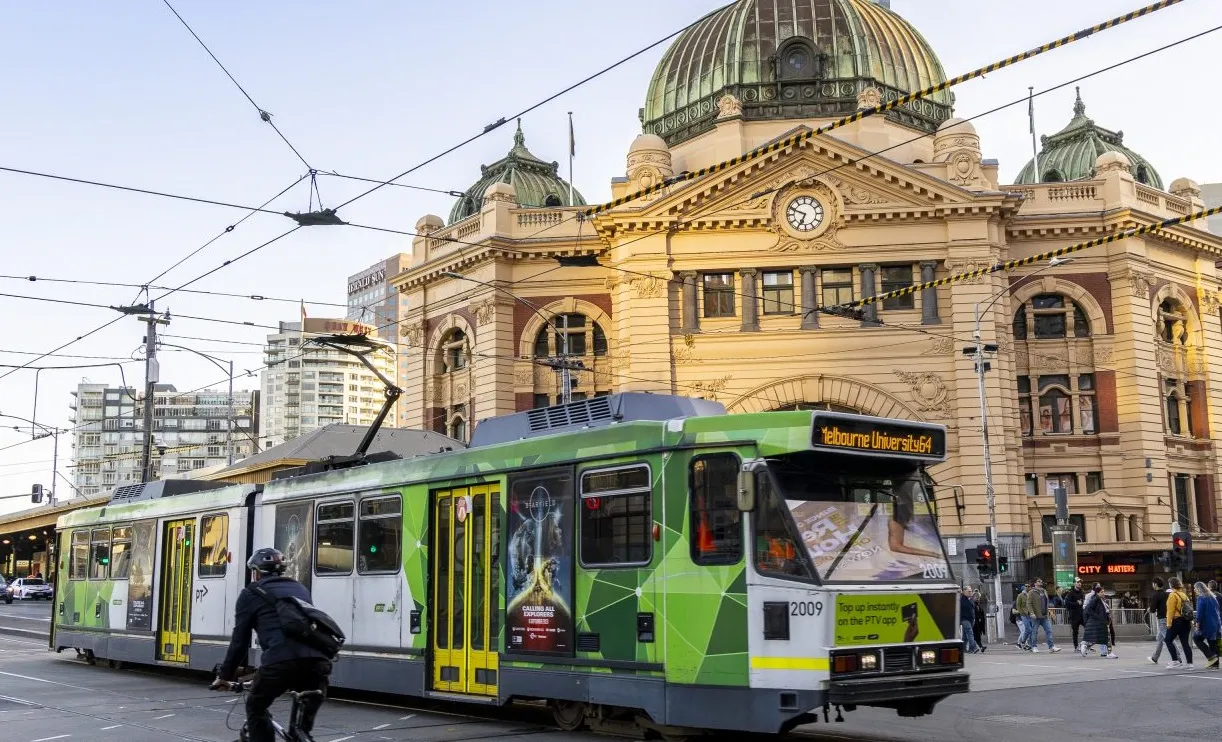Public Transport Victoria (PTV) of Australia has launched a preliminary tender call to upgrade its bus tracking system after the existing system was found to be not cost effective. The system will provide real-time information on the location of buses, and the information can be used to provide customer information and to improve performance.
PTV spokesman Adrian Darwent says the organisation undertook a review of the projects it is delivering, including the rollout of the current bus tracking system.
December 6, 2013
Read time: 2 mins
Public Transport Victoria (PTV) of Australia has launched a preliminary tender call to upgrade its bus tracking system after the existing system was found to be not cost effective. The system will provide real-time information on the location of buses, and the information can be used to provide customer information and to improve performance.
PTV spokesman Adrian Darwent says the organisation undertook a review of the projects it is delivering, including the rollout of the current bus tracking system.
“Given the age of the technology, the review indicated that progressing with the tracking system in its current format for the remainder of the metropolitan fleet is not cost effective so expressions of interest to upgrade the system are now being sought,” he says.
Darwent says a bus tracking system gives passengers, bus operators, bus drivers, and Public Transport Victoria better information.
“This information will enable bus operators and PTV to provide real-time service data to customers and to identify opportunities to improve bus services for passengers.”
PTV spokesman Adrian Darwent says the organisation undertook a review of the projects it is delivering, including the rollout of the current bus tracking system.
“Given the age of the technology, the review indicated that progressing with the tracking system in its current format for the remainder of the metropolitan fleet is not cost effective so expressions of interest to upgrade the system are now being sought,” he says.
Darwent says a bus tracking system gives passengers, bus operators, bus drivers, and Public Transport Victoria better information.
“This information will enable bus operators and PTV to provide real-time service data to customers and to identify opportunities to improve bus services for passengers.”








